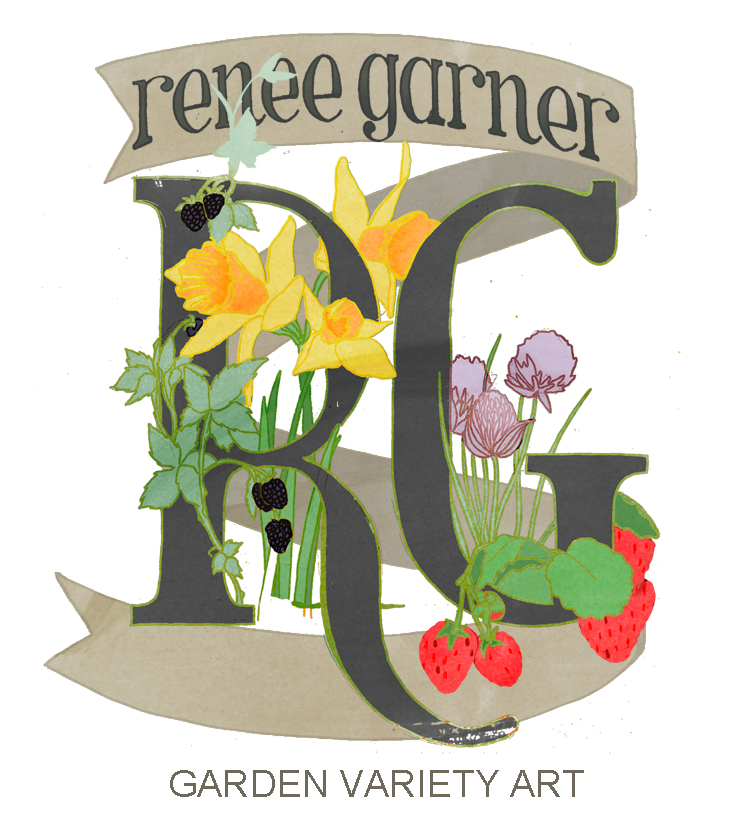My lengthy dislike for Scotts MiracleGro products started when I was just getting interested in gardening. Scotts was suing TerraCycle for using green and yellow on their packaging, though I never really believed that was all it was about. Perhaps a small start up company with a great idea for reused packaging and simple organic ingredients was putting a hurting on a major corporation's profits. Whatever it was, Scotts image seemed like the popular football star stuffing a nerdy kid in a locker.
Companies like Scotts promote chemical use in the garden, persistent chemicals that perpetuate reliance for gigantic yields and "weed-free" gardens. They promote the idea that a singular plant (grass) is the only acceptable basis of a beautiful, lush yard. A single variety plant space, such as a weed free lawn, is known as a monocrop, and a monocrop's lack of diversity can create all sorts of issues that need other synthetic products to resolve.
I won't get into the many uses of weeds...well maybe for just a second--some of those weeds might replace your prescription medicine, others could be pulled up and used to make an organic plant food, yet others simply feed the wildlife in your yard. Perhaps if the critters had natural forage they wouldn't go after your tomatoes and you wouldn't need that Scotts brand pesticide after all.
The more I learn about gardening, the more I learn that popular kid in the green and gold uniform had a few unsavory secrets. Enter stage left: Monsanto, wealthy, smooth-talking hip best friend to Scotts. Monsanto's own GMO-tainted politics does nothing to endear me to Scotts.
To put my feelings into perspective, let's talk about something most people have some level of concern about: the honeybees. We've all heard about the rapid decline of bee populations and what will happen if they keep mysteriously dying. Bees an accessible environmental issue: less bees, less pollination, less productive crops, less food, higher food prices, food shortages...you get the idea. Scotts sells all sorts of weed killer monocrop the hell out of your yard. Make it all grass, get rid of that nasty clover...that nasty clover that bees find so useful as a source of food. Yeah, food, that little thing that keeps us all alive. Of course, Scotts' BFF Monsanto, the company that sues farmers whose crops have accidentally cross-pollinated with Monsanto GMO crops. The GMO crops that may or may not contribute to the decline of bee populations, certainly contributing to the loss of monarch butterfly populations (another handy insect that pollinates plants).
And then the National Wildlife Federation announced its partnership with Scotts. Frankly I took the news personally. I felt like an old friend went and made out with the dude that used to tease me every day about being flat-chested. Betrayal.
How do you feel about the partnership? Care, don't care, wish I'd saved my breath for some pretty furniture and lovely pictures?
* * *
You Grow Girl and Native Plants and Wildlife Gardens discuss the new partnership on their blogs.
Companies like Scotts promote chemical use in the garden, persistent chemicals that perpetuate reliance for gigantic yields and "weed-free" gardens. They promote the idea that a singular plant (grass) is the only acceptable basis of a beautiful, lush yard. A single variety plant space, such as a weed free lawn, is known as a monocrop, and a monocrop's lack of diversity can create all sorts of issues that need other synthetic products to resolve.
I won't get into the many uses of weeds...well maybe for just a second--some of those weeds might replace your prescription medicine, others could be pulled up and used to make an organic plant food, yet others simply feed the wildlife in your yard. Perhaps if the critters had natural forage they wouldn't go after your tomatoes and you wouldn't need that Scotts brand pesticide after all.
The more I learn about gardening, the more I learn that popular kid in the green and gold uniform had a few unsavory secrets. Enter stage left: Monsanto, wealthy, smooth-talking hip best friend to Scotts. Monsanto's own GMO-tainted politics does nothing to endear me to Scotts.
To put my feelings into perspective, let's talk about something most people have some level of concern about: the honeybees. We've all heard about the rapid decline of bee populations and what will happen if they keep mysteriously dying. Bees an accessible environmental issue: less bees, less pollination, less productive crops, less food, higher food prices, food shortages...you get the idea. Scotts sells all sorts of weed killer monocrop the hell out of your yard. Make it all grass, get rid of that nasty clover...that nasty clover that bees find so useful as a source of food. Yeah, food, that little thing that keeps us all alive. Of course, Scotts' BFF Monsanto, the company that sues farmers whose crops have accidentally cross-pollinated with Monsanto GMO crops. The GMO crops that may or may not contribute to the decline of bee populations, certainly contributing to the loss of monarch butterfly populations (another handy insect that pollinates plants).
And then the National Wildlife Federation announced its partnership with Scotts. Frankly I took the news personally. I felt like an old friend went and made out with the dude that used to tease me every day about being flat-chested. Betrayal.
How do you feel about the partnership? Care, don't care, wish I'd saved my breath for some pretty furniture and lovely pictures?
* * *
You Grow Girl and Native Plants and Wildlife Gardens discuss the new partnership on their blogs.




